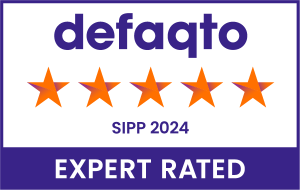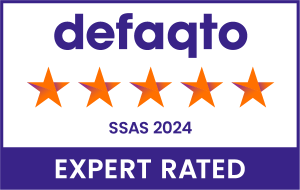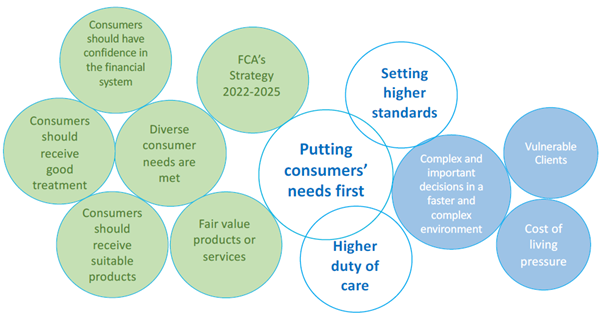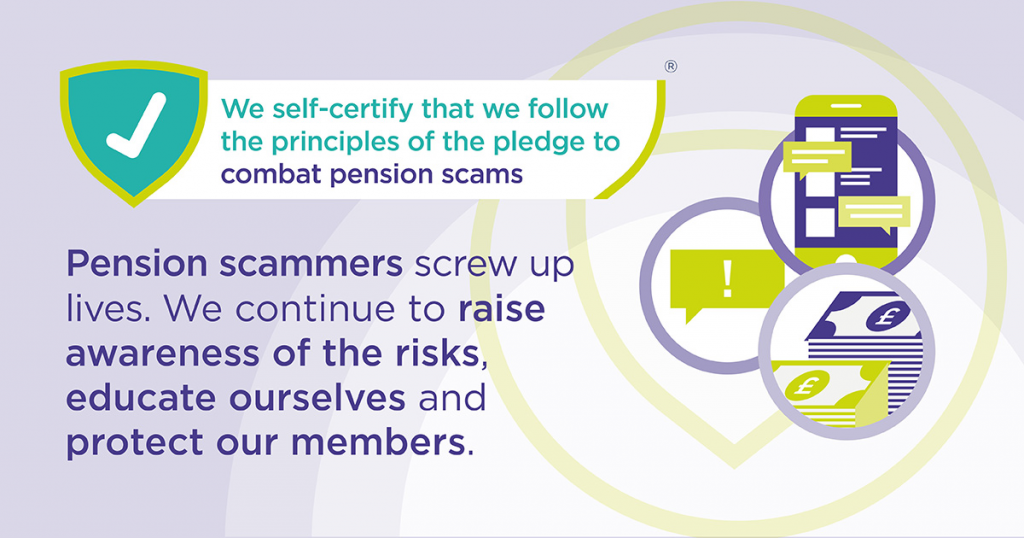We thought it would be helpful to provide you with an update regarding some of the changes that have come in on the 6th April 2024. HMRC have made us aware that there are some issues that they know about with the legislation and are planning to rectify, these may affect whether a client should transfer or take benefits.
All of our Literature has been updated and can be requested from your Account Manager. More information can also be found under our Technical section.
Member benefit forms
We may have already received a member benefits form in for a crystallisation post 6th April 2024. When we identify that we have received the old version of our form we will use this form but we will ask you to confirm the following before we are able to process the tax free cash request:
1) Whether the member wishes to rely on a transitional tax free cash certificate when we do the calculations – if they do, we will need the certificate before the pension scheme is crystallised
2) We will need an acknowledgement that as we only have Lifetime Allowance percentage figures, we will use a standard formula provided by HMRC to convert the Lifetime Allowance percentage figures confirmed in the form to a Lump Sum Allowance and a Lump Sum and Death Benefit Allowance figure
3) Whether the member has taken a serious ill health lump sum payment from any pension scheme
Members who have already turned 75
The way the standard calculation works at a Relevant Benefit Crystallisation Event (RBCE) would mean that 25% Tax Free Cash would be assumed to have been paid at age 75 from any uncrystallised funds and from the growth in any crystallised funds (because the growth used to trigger further Lifetime Allowance being used up). These members may benefit from applying for a transitional tax free cash certificate before their first Relevant Benefit Crystallisation Event post 6th April 2024 as the certificate will be based on the actual tax free cash paid.
Furthermore prior to the 6th April 2024 any Tax Free Cash paid after a member turned 75 was not a Benefit Crystallisation Event and so not tested against the members Lifetime Allowance.
HMRC have confirmed that there is an issue for members who have turned 75 and have taken Tax Free Cash after their 75th birthday because the current legislation does not consider any Tax Free Cash paid after 75 in the calculations. To ensure that a Transitional Tax Free Cash Certificate is issued with the correct figures on these members will need to wait until the government has amended the legislation to correct this error.
Enhanced Protection and transfers
There is currently an issue for members with Enhanced Protection wishing to transfer to another pension scheme. If these members currently transfer they will lose their Enhanced Protection. HMRC are aware of this issue and will be amending legislation to correct this error. In the meantime we will be asking you to confirm whether the client has Enhanced Protection for a transfer in or transfer out of a scheme.
Enhanced Protection and Primary Protection – protected lump sum rights of more than £375,000
There is an issue with paragraph 1(b) of schedule 29 of the Finance Act 2024 which means that if an individual with Enhanced or Primary Protection with protected lump sum rights of more than £375,000 wishes to take their Tax Free Cash entitlement the way the legislation is currently worded prevents this from happening. HMRC are aware of this issue and will be amending legislation to correct this error.
Lump Sum Death Benefits – payment from funds which crystallised prior to 6th April 2024
The payment of Lump Sum Death Benefits for members who have died under age 75 from funds crystallised prior to 6th April 2024 are currently limited by the permitted maximum. The government will be amending legislation to rectify this so that the payment of Lump Sum Death Benefits from these funds are entirely tax free. Until the legislation has been changed the Legal Personal Representative may wish to delay the payment of a Lump Sum Death Benefit from these funds.
Death Benefits
It is increasingly important for Expression of Wish forms to be up to date. Lump Sum Death Benefits paid from members funds who die under the age of 75, for uncrystallised funds and funds crystallised after the 6th April 2024, will be tested against the new Lump Sum and Death benefit Allowance. If the Lump Sum Death Benefit Allowance is exceeded the excess will be taxed at the recipient’s marginal rate of income tax. However, funds designated to a flexi access drawdown fund will not be tested against the Lump Sum and Death Benefit Allowance.
Overseas transfer allowance
When someone has crystallised benefits prior to 6th April 2024 their Overseas Transfer Allowance is reduced by 100% of their previously used Lifetime Allowance. If these funds, in drawdown, are then transferred to a QROPS they will be tested against and deducted from the Overseas Transfer Allowance again. Legislation will be amended to remove the double counting and members may wish to defer transferring to a QROPS until the double counting has been resolved.
Applying for a transitional tax free cash certificate
For any client if they can provide complete evidence that they have received TFC of less than £268,275 (or if they have protection the amount their protection certificate allows) we can issue a transitional tax free cash certificate. Complete evidence in this case would be evidence of the tax free amounts taken or not taken and any Lifetime Allowance used from any external pension scheme(s) that they have had. If the client only has a pension scheme with us we would require a written statement confirming that they wish to apply and that they haven’t taken benefits from any other pension schemes.
There has to be a Relevant Benefit Crystallisation Event for payment to be made (a crystallisation so there needs to be uncrystallised funds available).
Fixed Protection 2016 and Individual Protection 2016 application deadlines
For the majority of members the deadline for an application for either Fixed Protection 2016 or Individual Protection 2016 has been set at 5th April 2025.





